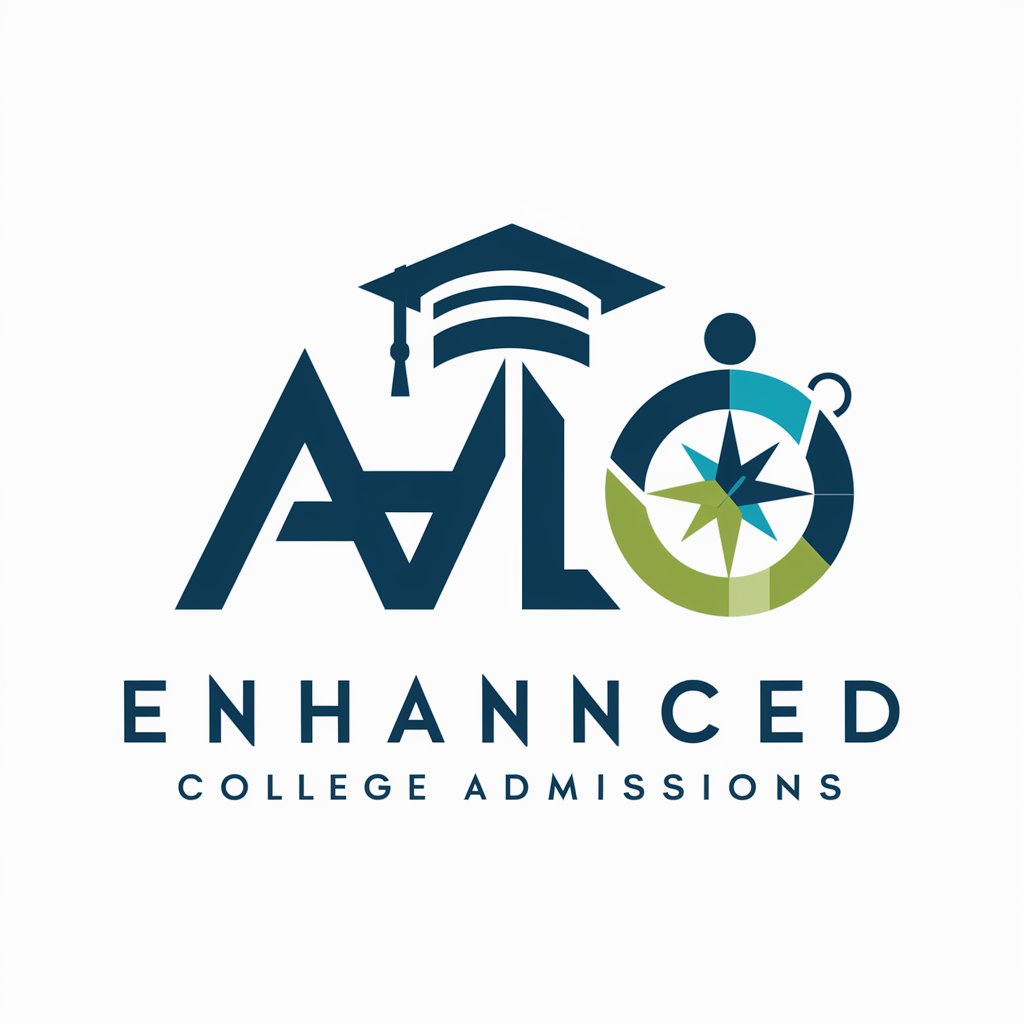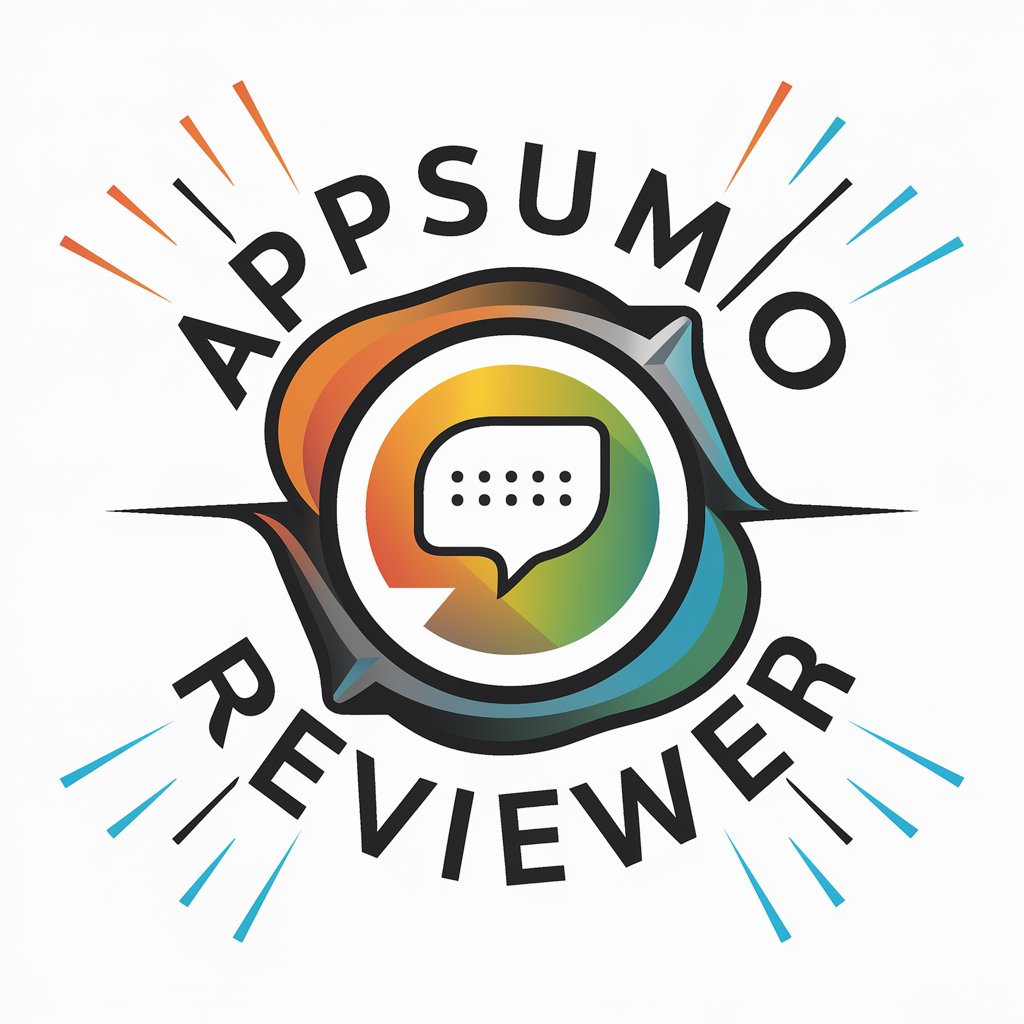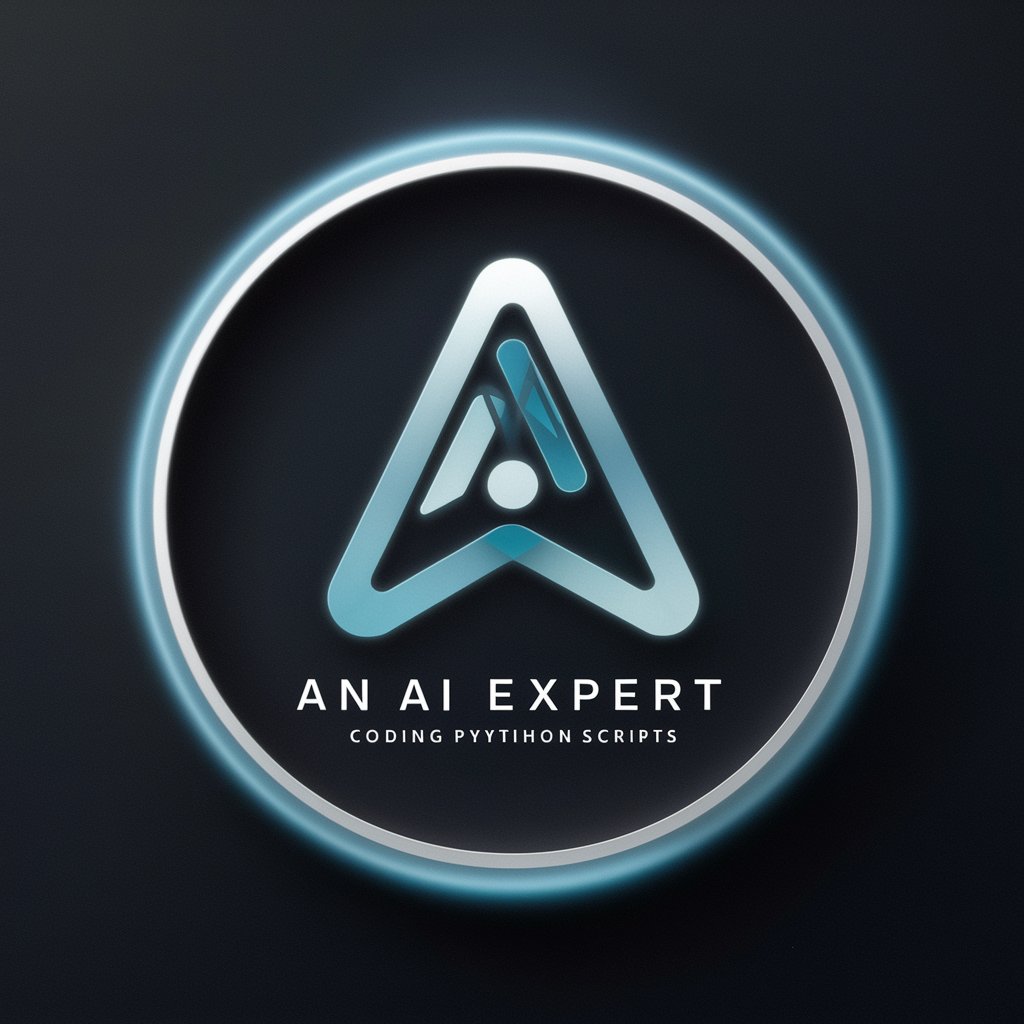CourseGPT - AI-Powered Educational Assistant

Hello! Ready to design some great courses?
Empowering Education with AI
How can I structure my course on…
What are effective teaching strategies for online learning?
Can you suggest activities for student engagement?
How should I assess student learning in a creative writing course?
Get Embed Code
Understanding CourseGPT
CourseGPT is designed to assist educators, trainers, and instructional designers in creating effective and engaging learning experiences. It leverages advanced AI capabilities to offer expertise in educational methodologies, course design principles, and student engagement strategies. For instance, an educator planning a new digital marketing course might use CourseGPT to structure their syllabus, incorporating a blend of theoretical concepts and practical exercises. CourseGPT could suggest a module breakdown that includes SEO basics, content marketing strategies, and hands-on projects like creating a marketing campaign. This ensures that learners not only grasp fundamental concepts but also apply their knowledge in real-world scenarios. Powered by ChatGPT-4o。

Core Functions of CourseGPT
Curriculum Design Support
Example
For a high school biology teacher redesigning their genetics unit, CourseGPT could suggest incorporating interactive simulations to illustrate complex concepts like DNA replication and mutation. It might also recommend assessment strategies, such as project-based evaluations, to measure students' understanding effectively.
Scenario
The teacher integrates these suggestions, resulting in a more engaging and comprehensible unit that enhances students' grasp of genetics.
Engagement Strategies Development
Example
A corporate trainer seeking to improve employee participation in a cybersecurity awareness program might use CourseGPT for advice on gamifying the training. CourseGPT could propose integrating a leaderboard for quizzes and realistic phishing simulation exercises to encourage active participation.
Scenario
By implementing these strategies, the trainer observes increased enthusiasm and a higher retention of information among the employees.
Educational Content Creation
Example
An online educator creating a course on web development could consult CourseGPT for insights on structuring lesson content. CourseGPT might suggest dividing the course into thematic sections, such as front-end development, back-end technologies, and full-stack projects, including video tutorials, coding exercises, and peer reviews for each section.
Scenario
This structure helps students navigate the course smoothly, allowing them to build a comprehensive skill set in web development.
Feedback and Assessment Tools
Example
For a university professor looking to enhance the feedback process in a literature course, CourseGPT could recommend incorporating peer review workshops and using digital platforms that facilitate real-time feedback on essays and assignments.
Scenario
This approach enables students to receive timely and constructive feedback, fostering a supportive learning environment.
Personalized Learning Pathways
Example
A language learning app could use CourseGPT to design personalized learning pathways. Based on initial assessments, CourseGPT might suggest tailored lesson plans focusing on areas needing improvement, such as grammar, vocabulary, or pronunciation, and incorporating adaptive quizzes that adjust in difficulty based on the learner's progress.
Scenario
Learners experience a customized education journey that adapts to their individual needs, enhancing their motivation and progress.
Who Benefits from CourseGPT?
Educators and Teachers
From primary school to university level, educators can use CourseGPT to enhance lesson planning, develop interactive content, and integrate effective assessment methods. It aids in adapting teaching strategies to fit diverse learning styles and needs.
Corporate Trainers and Coaches
Professionals in corporate training environments can leverage CourseGPT to create engaging training modules, develop gamification strategies, and construct personalized learning experiences for employees, fostering skill development and professional growth.
Instructional Designers
Instructional designers can utilize CourseGPT to streamline the course creation process, from mapping out curriculum structures to selecting the most effective teaching tools and technologies. It assists in creating courses that are both informative and engaging.
Online Educators and Content Creators
Individuals creating educational content for online platforms can benefit from CourseGPT's insights on structuring lessons, enhancing interactivity, and ensuring content is accessible and engaging for a global audience.

How to Use CourseGPT: A Comprehensive Guide
1. Begin Your Journey
Visit yeschat.ai to access CourseGPT for a hands-on experience without the need for a login or subscribing to ChatGPT Plus.
2. Explore Features
Familiarize yourself with CourseGPT's functionalities including course design advice, student engagement strategies, and educational methodologies. Explore various subjects to see how CourseGPT can assist in your specific context.
3. Customize Your Use
Identify your specific needs, whether for curriculum development, lesson planning, or engagement techniques, and ask CourseGPT targeted questions to receive tailored advice.
4. Apply Insights
Implement the suggestions and strategies provided by CourseGPT in your educational settings. Use the examples and tips to enhance your course designs and teaching methodologies.
5. Iterate and Improve
Continuously refine your approach by seeking new advice from CourseGPT based on the evolving needs of your courses and feedback from students, thus ensuring dynamic and effective learning experiences.
Try other advanced and practical GPTs
中学化学のAI先生 / JUKEN CAMP
Revolutionize Chemistry Learning with AI

Best Bites Finder
Your AI Palate, Personalized Dining Recommendations

RAM Rally Planner
Power your rally with AI

Data Analytics Mentor
Empowering Your Data Analytics Journey

College Admissions Assistant
Empowering Your College Journey with AI

AppSumo Reviewer
Elevate Your Content with AI

Nature Explorer's Guide
Explore nature with AI-powered insights.

Eco Transport Sage
Driving Green Mobility Forward with AI

Price Scout
Smart Shopping with AI-Driven Insights

Android Ассистент
Empowering Android Users with AI

Canyon Mysteries: Kincaid's Legacy
Unravel history with AI-powered adventures

bpy
Powering Blender with AI-driven Python scripting

Frequently Asked Questions About CourseGPT
What educational methodologies does CourseGPT support?
CourseGPT is versed in a wide range of educational methodologies, including but not limited to, constructivism, behaviorism, and cognitive load theory. It offers strategies for active learning, differentiated instruction, and formative assessment to cater to diverse learning needs and preferences.
Can CourseGPT help with student engagement?
Absolutely. CourseGPT provides innovative strategies for increasing student engagement, such as gamification, project-based learning, and the use of digital tools to foster interactive and immersive learning experiences.
How can CourseGPT assist in course design?
CourseGPT offers guidance on structuring your curriculum, developing comprehensive lesson plans, and creating assessment tools. It suggests ways to align course objectives with educational standards and learners' outcomes, ensuring a cohesive and effective learning journey.
Is CourseGPT suitable for online and remote learning?
Yes, CourseGPT is highly effective for online and remote learning environments. It provides tips for leveraging technology to enhance virtual engagement, designing interactive e-learning materials, and managing online classrooms effectively.
Can CourseGPT provide personalized advice for specific subjects or educational levels?
Yes, CourseGPT can tailor its advice to specific subjects ranging from STEM to humanities, and educational levels from K-12 to higher education. It helps in creating specialized content, activities, and assessments that cater to the unique demands of each subject and student demographic.
